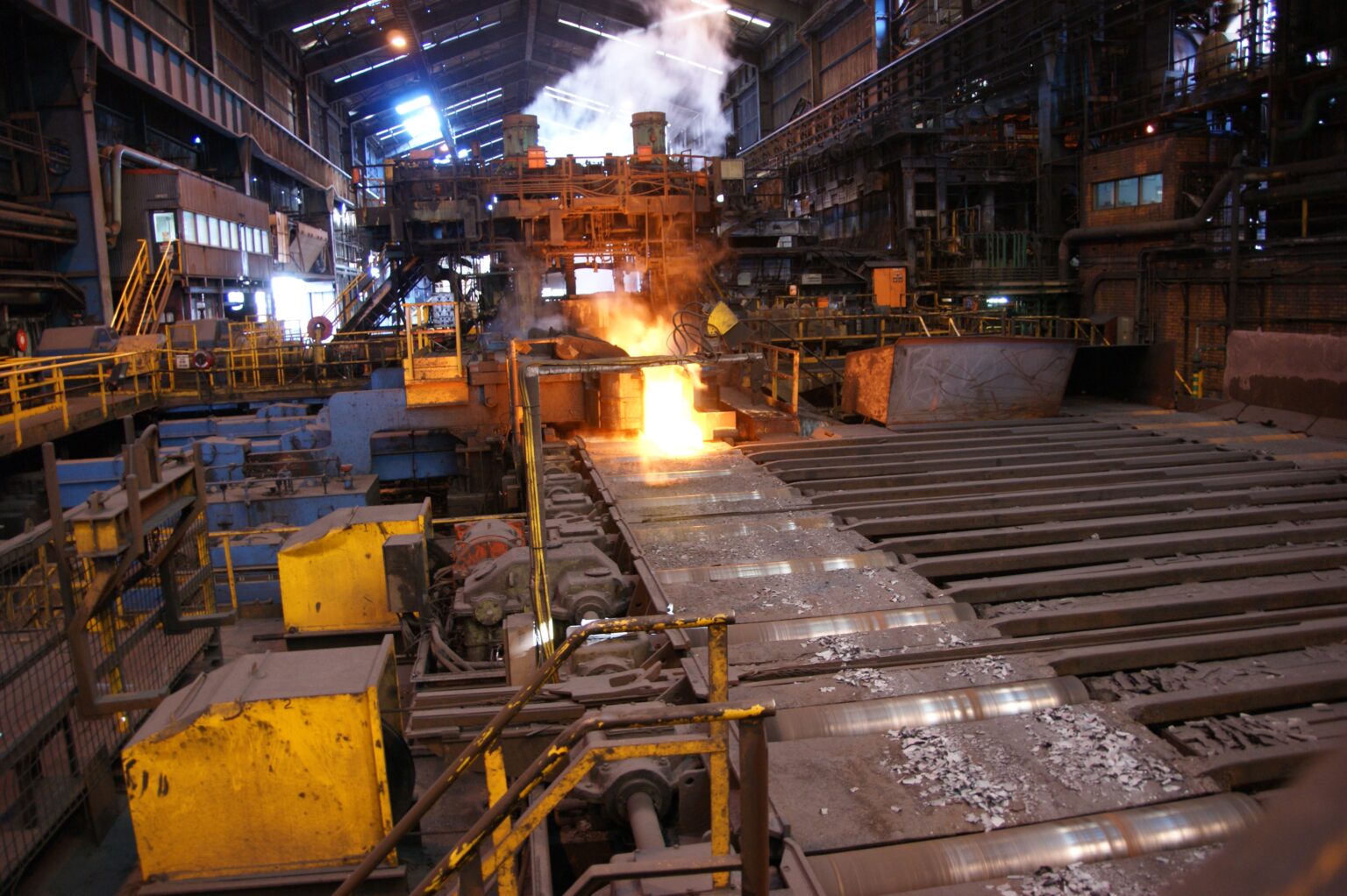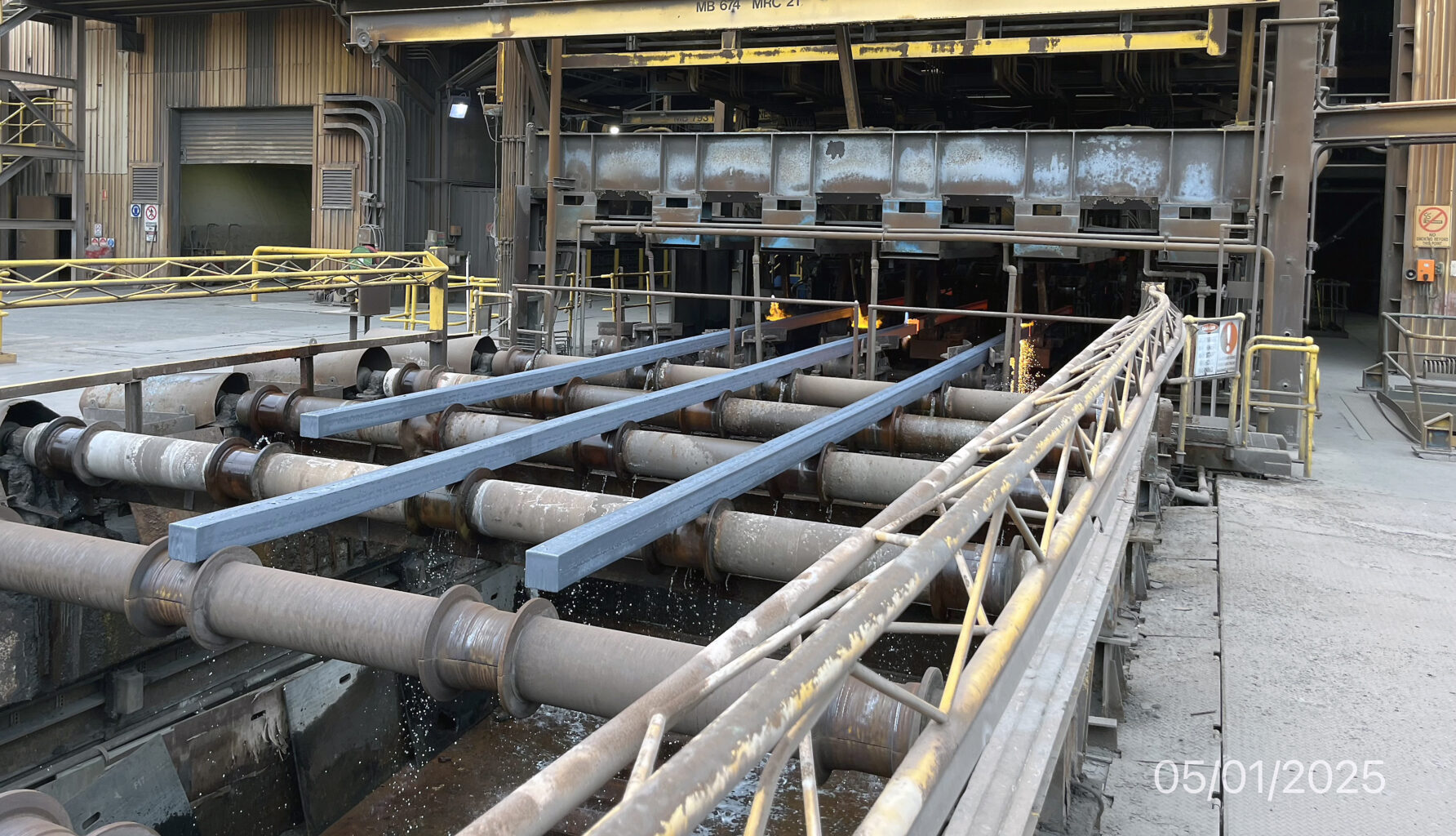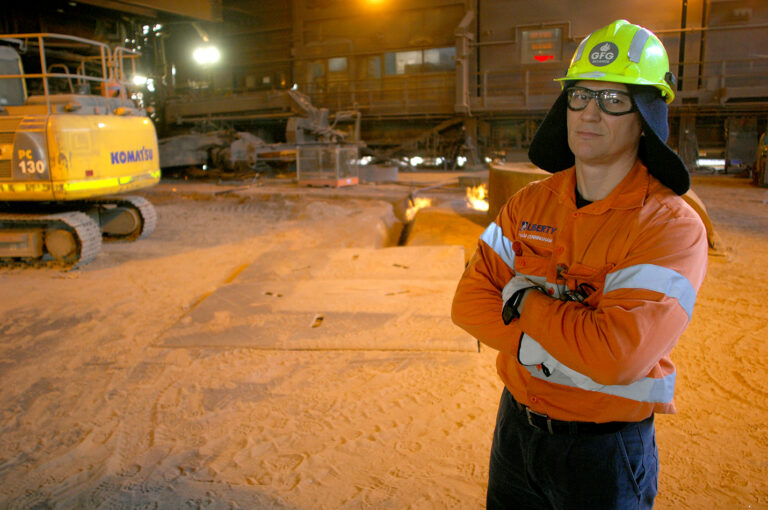
Britain’s car manufacturers have given a positive response to the prospect of being able to source alloy wheels in Scotland rather than having to import their entire supply.
Liberty British Aluminium has been engaging in extensive discussions with vehicle manufacturers since announcing its plans to build Britain’s only large alloy wheel factory next to its aluminium smelter at Fort William.
Senior Liberty managers reported this week that the response from the car-makers was ‘very encouraging,” and they were looking forward to getting the 400-worker plant built and into production in order to win back market share from overseas producers.
Said Brian King, director of Lochaber operations for Sanjeev Gupta’s GFG Alliance, which includes the Fort William smelter and planned wheels factory: “We’ve been very encouraged by the reaction from the motor industry. They’ve recognised straight away how beneficial it will be for such a major component for their manufacturing process to be made in the UK. At present, almost all of the eight million alloy wheels used in British-made cars come from abroad. That’s going to change, and Scotland will be the flagbearer for that change.”
His comments came as part of a progress report on the development of the wheels plant which showed that initial clearance work on the site for the new complex has commenced to prepare for construction, and a range of specialist consultants – including environmental experts – are helping Liberty address the requirements of various conditions associated with the detailed planning permission granted by the Highland Council earlier this year.
Mr King said the response from the motor manufacturers had encouraged the company to consider an option to alter the design of the building, so it could be adapted cost-effectively later on to increase production capacity, if market demand warrants this.
“We’re looking at the possibility of future-proofing the plant at the outset to ensure its long-term sustainability. That would save time and money further down the line if we need to increase capacity. We’ll be discussing this with local communities and Highland Council officials as part of our unfolding preparations to build the factory,” he added.
He added that the long-term aim would be to optimise the value of the smelter and hydro power assets to the area and create more jobs by turning all of the locally-produced aluminium into alloy wheels on site. The current design allows for a factory that would use only half of the aluminium produced by the Fort William smelter, with the rest being sold to other factories around the UK.
He said the initial members of the wheels factory construction project team are preparing to move into the specially-erected temporary offices on site at Fort William and more staff will join them in the coming months. Representatives from Liberty’s recently-acquired French alloy wheels factory at Chateauroux, in Central France, will also work closely with the project team at Lochaber.
The new Fort William plant is set to become a showcase within Liberty’s growing worldwide automotive industry footprint. In addition to its automotive factories in England and France, the company is also in the process of acquiring major vehicle component plants in India, Japan, Thailand and Spain. Mr King said: “We’re expanding our global automotive business, and Fort William will be one of the flagship plants in that business.”
As part of the preparations for construction at Fort William, specialist reports on issues such as transport, drainage, ground conditions, construction methods and environmental mitigation would, he said, be completed soon, as required by the planning consent.
Archaeology survey work has already been completed to the satisfaction of the Highland Council Historic Environment Team and Historic Environment Scotland given the location in the context of historic battle sites.
Mr King added: “We have made significant progress over recent months with our preparations for the plant. The preliminary site clearance and detailed design work is allowing information to be prepared to address pre-start conditions associated with our planning permission. We’ve also held pre-tender discussions with prospective suppliers of the machinery that will be installed at this state-of-the-art plant.”
GFG has also been working closely with Scottish Government and local agencies for more than a year to identify required improvements to local services and infrastructure to support the creation of the factory.
In parallel with its industrial developments at Fort William, the GFG Alliance, through its property arm JAHAMA Highland Estates, has continued to work with local partners and communities on a range of projects across the wider Lochaber estate in order to boost the local economy. Projects include identifying opportunities for new housing, the renovation of existing properties, investment in forestry, sporting and agricultural enterprises, the development and construction of new hydro and wind schemes, and various tourism-based opportunities.
Latest News
View All Media Releases
Media Releases
LIBERTY proposes new measures to drive demand for UK steel production and stimulate investment
LIBERTY Steel’s submission to the UK Steel Strategy consultation has proposed decisive Government action in the form of strategic demand...
View Archived
Archived
Whyalla steelworks up and rolling again
Another milestone following blast furnace restart The resumption of steel production in the Whyalla Steelworks has reached another milestone with...
View Archived
Archived
Whyalla steel production restarts but GFG cautious
Whyalla Steelworks has cast its first steel following a 4-month shut down due to operational challenges and extensive repairs. The...
View Archived
Archived
Introducing the Steel Town Podcast: A glimpse into the heart of steelmaking in Whyalla
GFG Alliance has launched Steel Town, a new podcast series that takes listeners into the world of mining and steelmaking in...
View